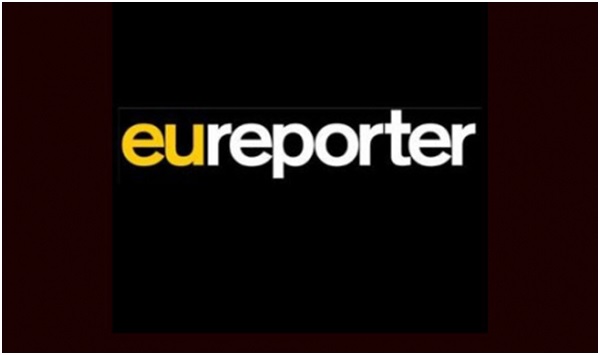

Brussels: Morocco’s multi-faceted projection on the African continent rightly presents a cutting edge and an innovative and pragmatic model on which the European Union-African Union partnership could usefully be built, writes EUReporter, a Brussels-based online news outlet.
In an article entitled ”Morocco: Playing a Key Role in the Region”, published on the eve of the 6th EU-AU Summit, scheduled for Thursday and Friday in Brussels, the news outlet notes that Morocco’s experience could serve as a model platform for the entire Europe-Africa partnership.
In this regard, it notes that “by establishing it as a regional hub, the European Union could develop an African strategy that is more in line with the reality on the ground, drawing on the recognized experience of Moroccan companies and banks in Africa.”
According to the European information platform, which published this article in several languages, it is time for the EU and Africa to build effective complementarities between the initiatives promoted by the Member States, noting that in its regional dimension, the Morocco-EU partnership is undoubtedly a model, that is perhaps one of the most advanced and successful Euro-African interactions.
“Both in its closeness to the EU, forged over more than 50 years of cooperation and dialogue, and its commitment and anchorage in its African continent, Morocco is at the crossroads of all the paths of the EU-AU partnership,” it explains, adding that African countries, Morocco in the lead, argue that the partnership must go beyond meetings and political declarations to become more involved in concrete and tangible actions that meet the expectations of citizens.
Whether it is renewable energy, industrialization, support for youth empowerment or migration, it is not a matter of prioritizing objectives, but of pursuing them together, argues the online media, which emphasizes, among other things, the Kingdom’s commitment to the development of renewable energy.
The European Union could support the strengthening of the energy capacity of Morocco by creating regional poles in this area, a kind of “regional electricity hub” in Africa, inspired by the network “Nord-Pool”, which exists in northern Europe, and could also combine the expertise of Europe and Morocco in the field of renewable energy to accelerate the electrification, especially Africa’s rural areas in Africa, it suggests.
“In addition, the experience of Morocco in the development of agriculture and sustainable fisheries, is of interest to several African countries. Indeed, many of them have benefited from Morocco’s expertise, particularly in terms of support to sectors included in the framework of cooperation with the EU. There is a potential for expertise to be put forward in the service of the EU-Morocco-Africa tripartite partnership.”
It cites, in this regard, the initiative for the Adaptation of African Agriculture (AAA) proposed by Morocco, adopted at the continental level, and which was announced by HM King Mohammed VI at the opening of the “African Action Summit” 2016, held in Marrakech on the sidelines of the COP22.
The media platform also sheds light on the new Moroccan development model, which is a “major step”, in that it has generated an authentically Moroccan federative project, based on a participatory and inclusive approach, noting that Morocco and the EU have the capacity to work hand in hand on strategic issues such as industrial relocation and co-production.
“The interest of Europe in the context of its policy of industrial relocation, under development, is not to limit itself to its purely geographical perimeter. The pandemic has revealed weaknesses that force Europe to rethink its industrial production strategy,” it said, adding that in this context, Europe would benefit from involving African partners.
“Again, the experience of Morocco with many European groups in industry and advanced technology (automotive, aerospace, cabling, etc..), is a capital to fructify,” argues the author of the article, recalling the launch by Morocco, on January 27, of a new industrial unit called “SENSYO PHARMATECH”.
“This is no more and no less than the birth of an African biopharmaceutical innovation hub at the gateway to Europe. The benefits for Africa and Europe are considerable, in terms of contribution to health and vaccine sovereignty,” says EUReporter.
